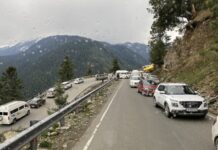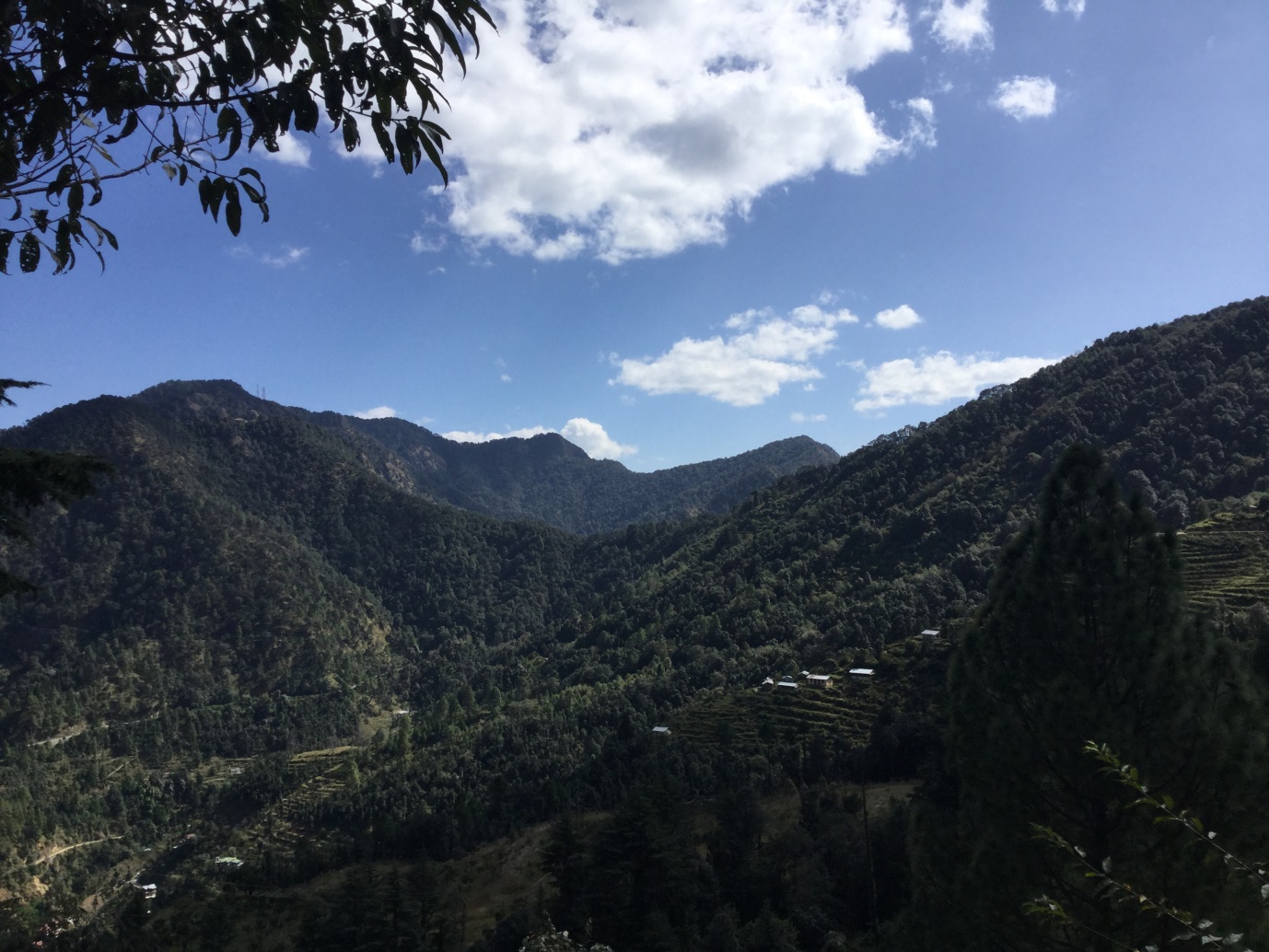
While the need for checking climate change is being re-emphasized with a great sense of urgency, at the same time the inadequacy of the existing response and efforts to check climate change is also emerging clearly. Hence here we present a very different approach to checking climate change. This approach is based on a common program for the entire world, to be implemented as per conditions of various regions and countries. This program does not see checking climate change as an isolated activity but integrates this with the resolving of other serious problems as well as justice issues.
- All countries agree to take measures to identify high luxury products used only by very few but involving high burden on nature and reduce them by about 90 per cent within a decade. This will check other environmental problems and also reduce GHG emissions.
- All countries agree to reduce all products which are harmful for health by 40 per cent to 100 per cent within a decade. The extent of reduction of various hazardous products will depend upon the extent of harm and the policy options available. Products like alcohol and tobacco will of course be reduced, but in addition there are several others. International cooperation of those highly learned scientists and experts who have no conflict of interest will be arranged for this.
- All countries will carefully consider and implement, with community participation, efforts to greatly reduce all waste (including waste of food), accumulation of waste and transport of waste, aiming instead at decentralized management with the aim of converting non-avoidable waste into resource.
- All possible efforts will be made for energy conservation, soil and water conservation.
- All efforts to increase renewable energy will be made while making efforts to keep down any adverse impacts and refusing to include large and disruptive hydro projects as well as nuclear power plants as ecologically acceptable renewable energy. In the search for new source of energy, environmental considerations will get more importance, learning from historical experience.
- Fossil fuels will be steadily reduced at a fast pace in all countries.
- A world agreement for a future without wars will be reached as soon as possible. Allied with this reduction of weapons to the extent of 60 to 90 per cent within a decade will be achieved, along with drawing up a plan for elimination of all weapons of mass destruction ( including nuclear, biological, chemical, space and weather weapon) as well as research relating to this. Military expenditure will be cut similarly. All military jobs will be protected, but soldiers will be diverted to tasks like disaster prevention and rescue, ecological rehabilitation and related activities.
- Huge reductions made by cutting down heavily on all weapons and wasteful and hazardous products will be used to create an annual international fund of climate change adaptation and mitigation as well disaster-time help amounting to at least $ 3000 billion ( three thousand billion US dollars) to start with, increasing with time. This will be used for help in the form entirely of grants, not loans. This will be contributed partly by the richest countries and partly by some taxes imposed on all big businesses, certain kinds of business transactions and all billionaires all over the world. About 15 per cent of this will be spent in rich OECD countries and 85 per cent in other countries, with special emphasis on small island nations and poorest countries. There will be a clear mandate to avoid big business profits in the use of this fund and to link this as much as possible with improving the livelihoods of small farmers and family farms, landless rural workers and urban workers, women facing economic distress, disabiity affected persons and other vulnerable sections.
- There should be a worldwide program to turn all farming into organic/natural farming, phasing down production of all chemical fertilizers, pesticides, herbicides while GM crops should be banned.
- Maximum efforts should be made to protect all remaining natural forests. All efforts to prevent any avoidable threat to any tree (except invasive ones) should be made. At the same time a huge program for regeneration of all degraded forest areas, pastures, wetlands, ponds and traditional water sources should be launched with the involvement particularly of rural landless persons, providing them fair wages, livelihoods near regenerated forests relating to protection of forests and wild life as well as rights related to non-timber forest produce.
- Farmland should not be owned by corporate interests and there should be a ceiling on extent of ownership of land by individual rich landlords and others. Land should be given in small lots of about 0.5 to 10 acres, depending on local conditions, to landless persons, households and groups who give a legal and ethical community-based commitment to ecologically conducive use and priorities, organic crop production, soil and water conservation.
- All efforts should be in the direction of resolving all serious environmental problems simultaneously instead of emphasizing only one or two. The next decade should be declared the decade of protecting earth within a framework of justice, peace and democracy.
- Manufacturing, farming, trade and distribution networks should be improved in such ways that the basic needs of people are met as far as possible from sources close to them. Self-reliance of local communities should be strengthened. People should be able to cycle or walk down to obtain almost all of their necessities. Cycle rickshaws for the elderly unable to walk can be provided.
- Innovations and inventions which help in this entire effort will be free for adoption anywhere as creative commons while inventors and innovators will be rewarded by an international fund. At the same time solutions more suitable to local conditions will be encouraged and preferred.
- Governance structures suitable to proper implementation of such a program using public campaigns, education, taxation, legislation and all democratic instruments will be created.
- Voluntary, democratic ways of limiting population growth, having small families, strengthening family and community life, prioritizing rural life, greening urban life, placing limits on trends of consumerism and greed, avoiding overconsumption by human-beings as well their animal pets will be encouraged.
- Recognizing scarcity of environmental space and resources on planet, the focus of economic thinking will shift from GNP to meeting basic needs of all while at the same time respecting protection of environment and promoting relationships-based happiness.
- Needs of all species will be respected as earth belongs to all.
- Needs of people of all countries will be respected on the basis of equality and equal rights, with special consideration for the more vulnerable nations like small island nations and the poorest ones.
- Efforts to reduce violence and conflict at all levels will be promoted as also injustice and exploitation as root cause of this.
Bharat Dogra is Convener, Campaign to Save Earth Now. His recent books include Protecting Earth for Children, Man over Machine and Planet in Peril—People’s Response the Way Forward.













